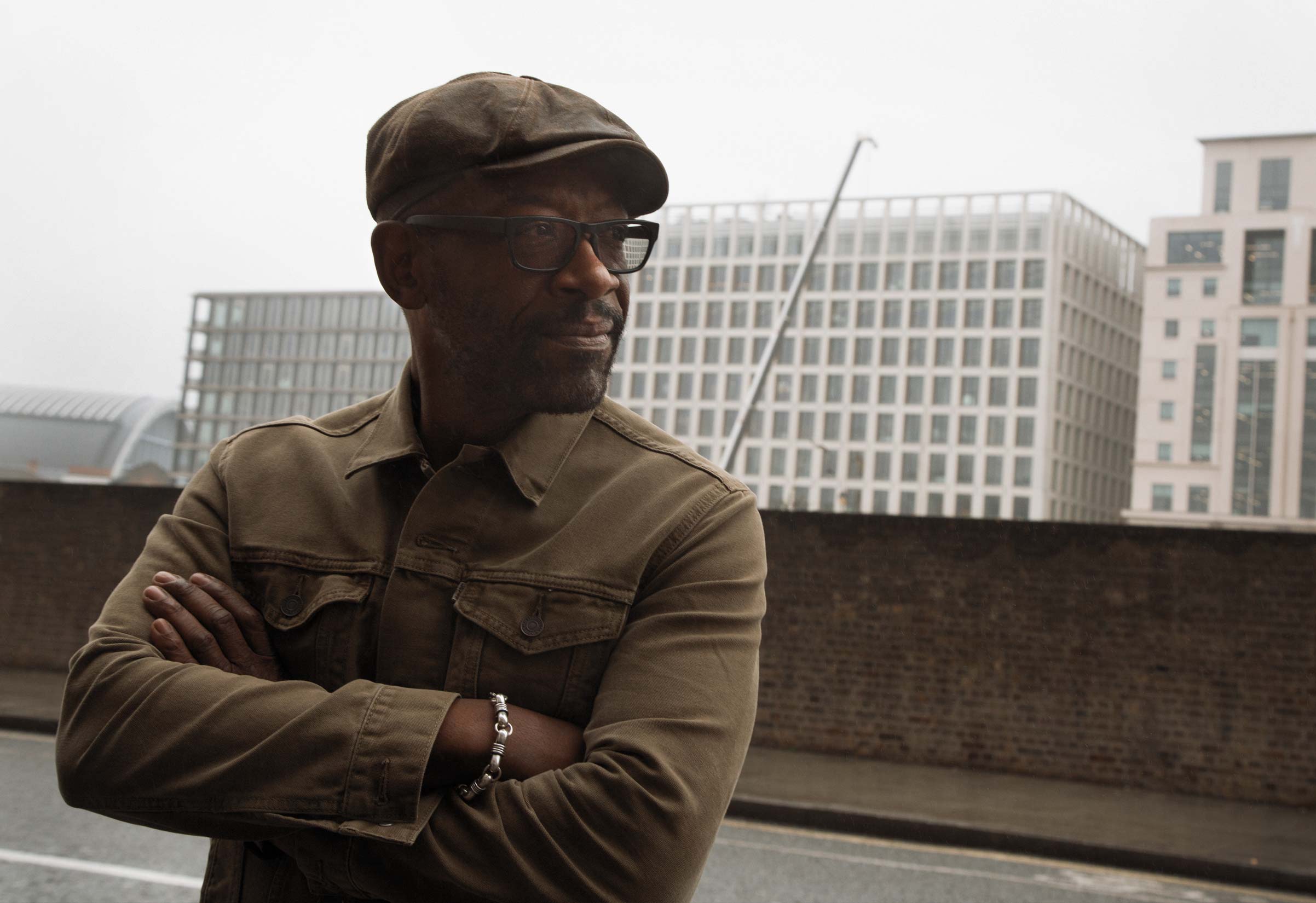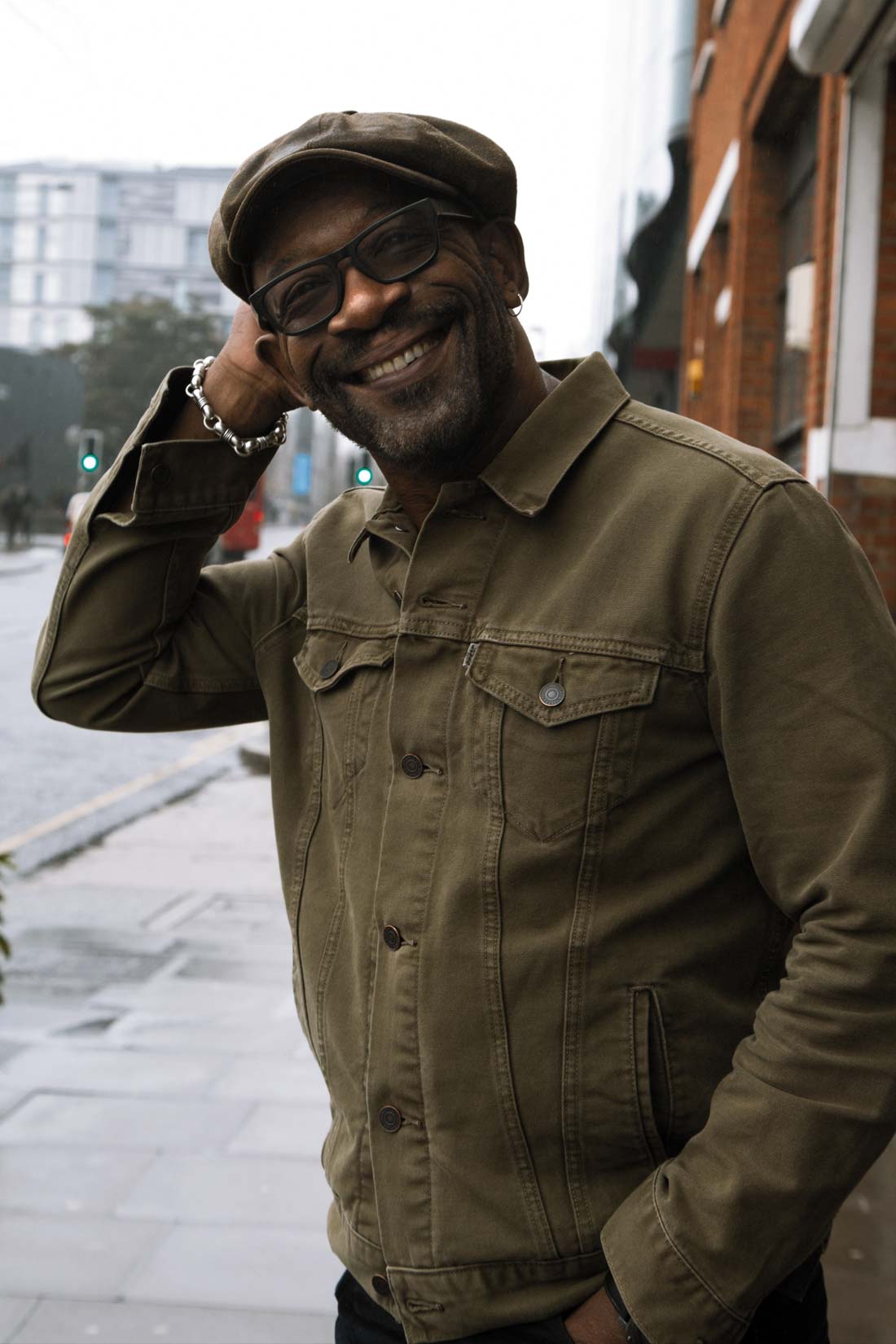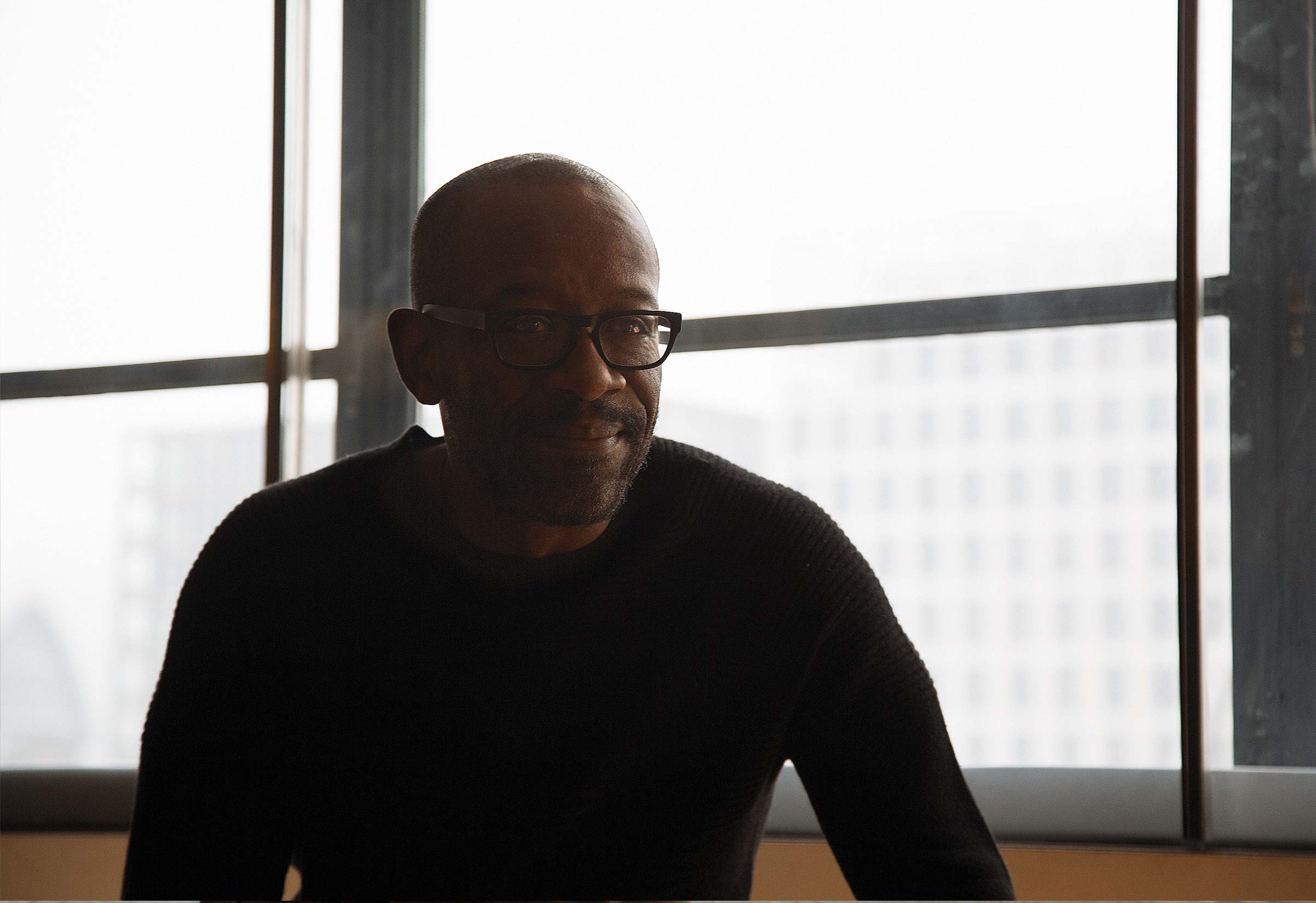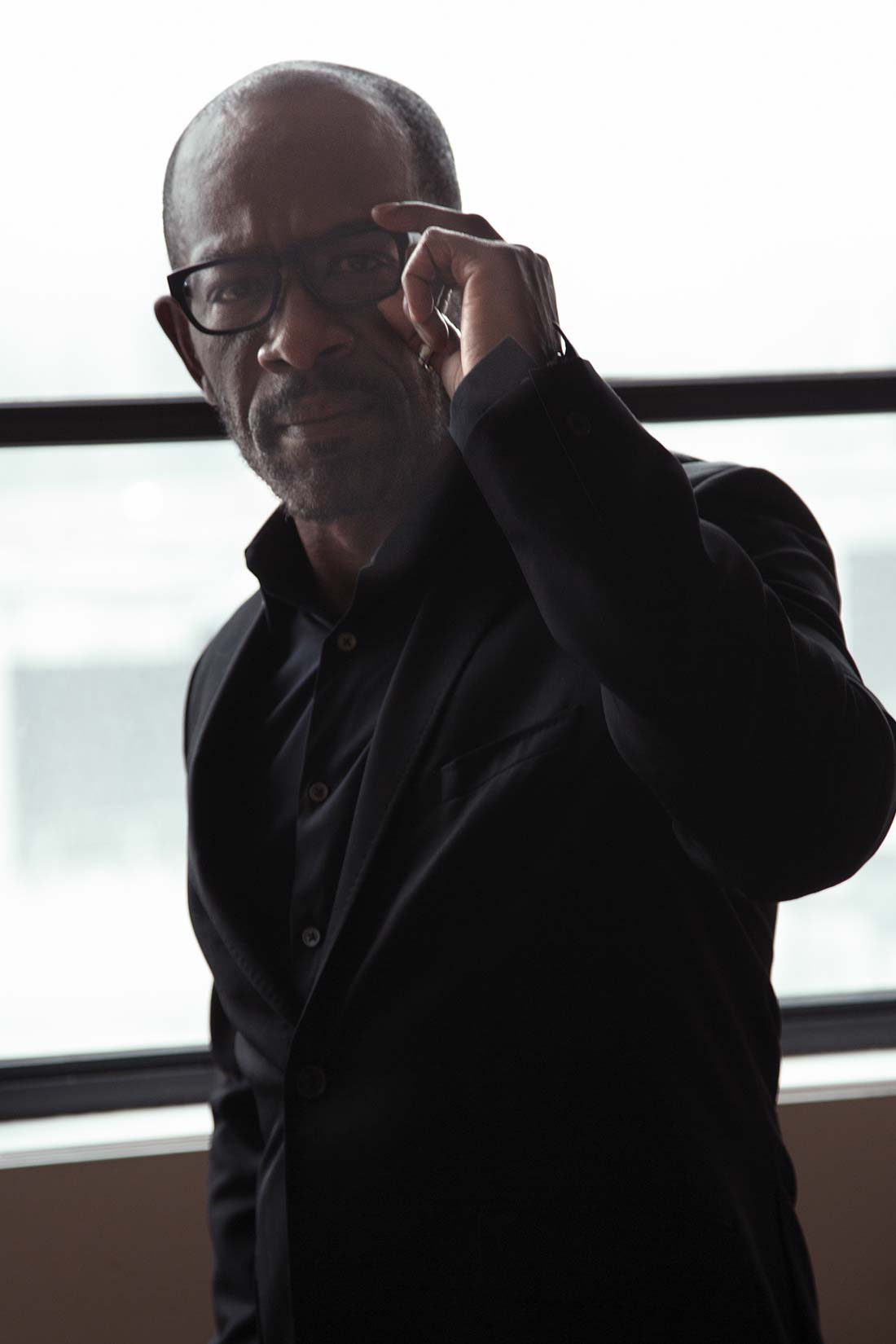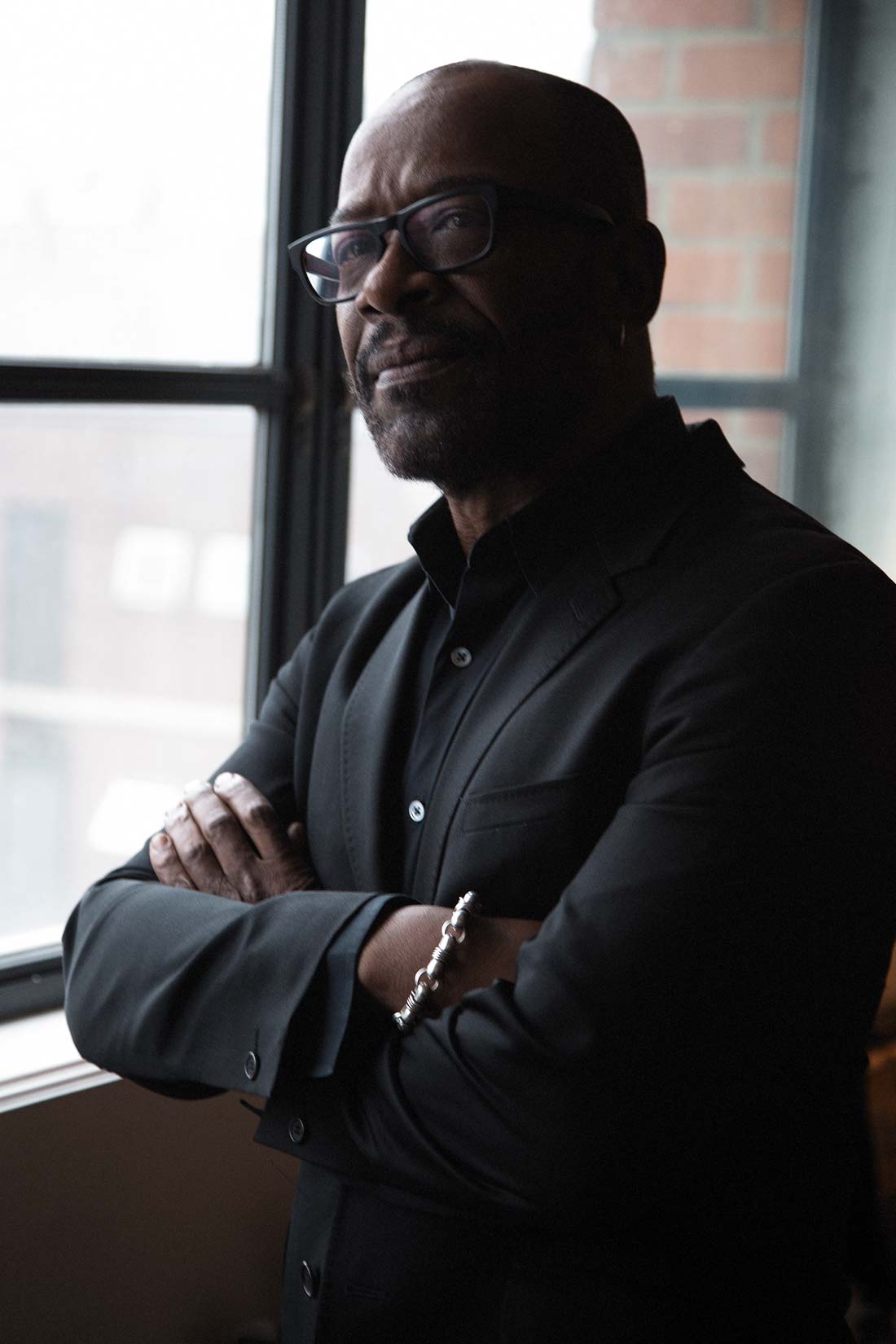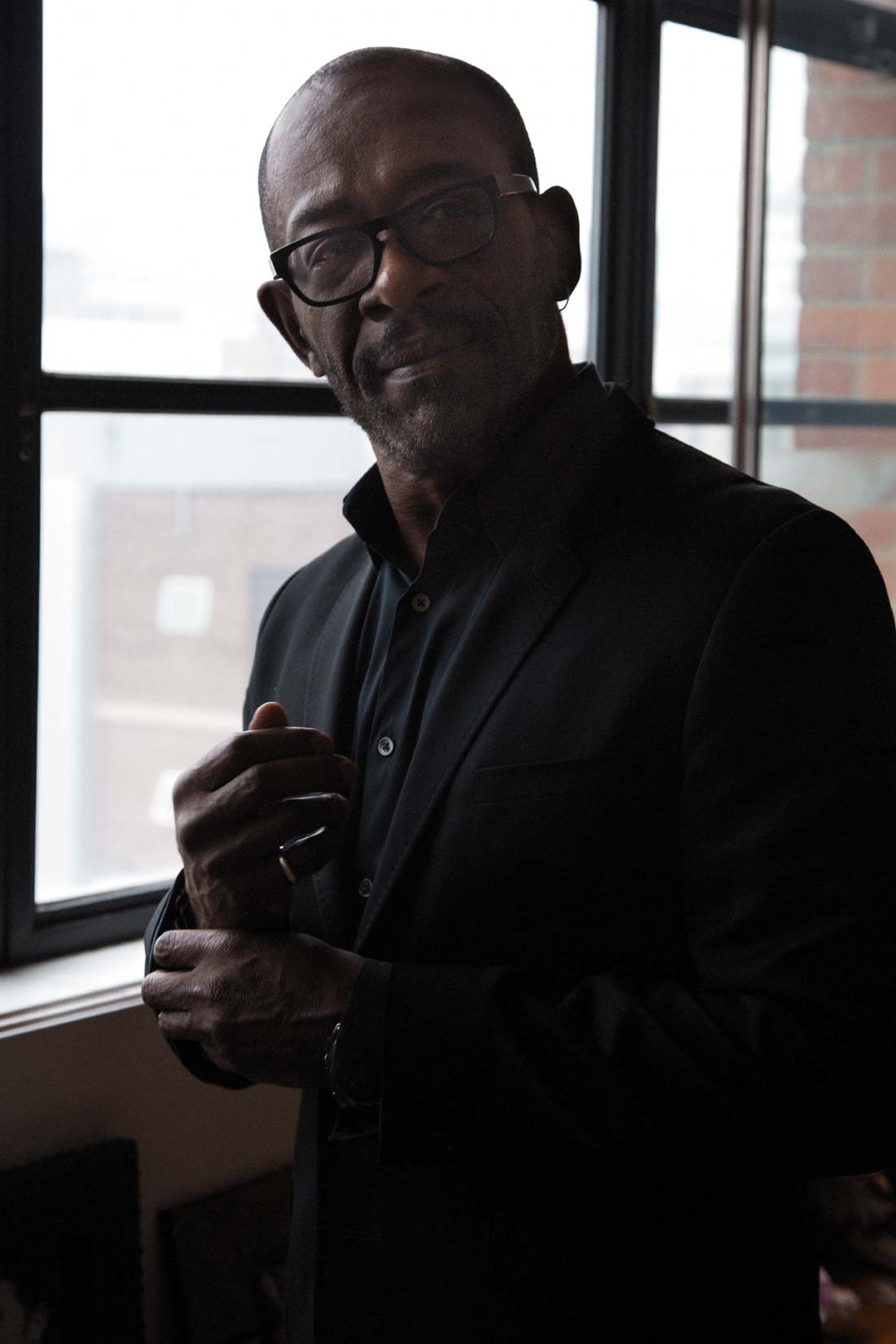What can you tell us about Save Me and how did your inspiration come to write it?
Well, the inspiration is easy. That was a telephone call to my agent asking whether I had an idea I might want to pitch to Sky. Telling you about Save Me, it is the story of a man “Nelly”, who is arrested and charged with abducting his estranged 13-year-old daughter. He hasn’t seen her in 10 years and Save Me is the story of him trying to prove his innocence, trying to find his child and trying to find the person who took her, because the person who took her did so pretending to be him.
How do ideas come to you? Do you get excited about it?
If I’m not excited, I wouldn’t write it to be honest. This dual existence of being an actor and being a writer. What it means is that the writing I do is something that will sustain me for the long moments of solitude that it takes to bang out a script. Whether it’s a movie script or whether it’s a television script. Because the other half of my existence is so sociable it makes the bit that is solitary even more stark. Unless I’m really, really committed to the story, unless I’m excited by what I believe the outcome of that story may be, there is absolutely no way I’d get from beginning to end.
The Walking Dead holds quite a cult following, does that add extra pressure when you’re acting?
No, it doesn’t. I don’t think it does. Ultimately, regardless of what you’re doing and regardless of where you’re doing it, you have to get your job down into its essential components. Whether I am on the set of Blade Runner in Budapest, or on the set of The Walking Dead in Atlanta or on the set of Save Me in Lewisham, my job is exactly the same. My job is to bring my character to life and make him believable in the world in which he inhabits. That’s the same wherever I am. If I start thinking at any point “Oh My God! I’m on the biggest television show in the world” at a point where I’m about to say my lines on the biggest television show in the world – I’m fucked. Do you know what I mean? I’ve already left the planet. I’ve already forgotten what my job is. The preparation I do is important, so when the cameras are turning I can do my job to the best of my ability. It doesn’t change regardless of location or the success or failure of the project I’m involved in. Sometimes it is quite difficult on The Walking Dead in particular, I use this as an example because it has such committed fans. There is such a big industry in spoilers and releasing the story beforehand. Websites go out of their way to try and pay members of the cast, they’ll pay members of the crew to give them little bits of the stories, sometimes that invades on your working day. You have to be clever about it and you have to put the effort in to separate that from getting in front of the camera.
With such an impressive portfolio of programmes to your name, do any stand out as the most challenging you’ve had to do?
I’m very lucky in that I’ve had very interesting, challenging and well-rounded characters that I can hang my hat on. There are a number that jump to mind. There were issues involved in Save Me about separating Lennie the writer from Lennie the actor. That was something I’ve not had to do for a while. There is another project that I did for Channel 4 a few years ago called Buried, which was the story of an abstemiously decent man, a regular guy who does one thing wrong and gets sentenced to 10 years in prison. We join him as he starts his time in prison and follow his decent and rise in the prison system. That kind of had an effect on me. I did a Raisin In The Sun on stage and that was a good few years ago, which was a mammoth part and challenging every day. I could go on and on and on, but you don’t want to hear it. I’m lucky and I enjoy the challenge. I relish the challenge and I want the challenge. I’m not interested in playing characters that are easy or don’t engage me. If they don’t engage me, why should they engage the audience?
You played a particularly troubled character in Line Of Duty, how do you prepare for a role like that?
For me, I don’t usually like talking about the process of how I put a character together, mostly I think actors talking about actors is boring. But, in the clearest and broadest terms, I just read the script, then I read the script and then I read the script. Somewhere in the back of my mind I have layouts of questions that your script gives you. Somewhere in the mix you get a sense of who your character thinks he is, but also how he’s coming across with other people. That’s a good place to pitch where your character may exist. Whether you decide both of those things are true or neither of those things are true, or one of those things are true. It gives you a variety of places where you can play. So, that’s kind of how I do it. With Tony Gates it was easy, Jed [Mercurio] wrote a fantastic well-rounded character who was easy to pin myself to and decide how he moved and how he walked and the places he needed to get to. My job was to make the jumps he made, the decisions that he made and moments to think, believable. The thing I loved about playing Tony Gates was that Jed gave the character room to think and that doesn’t always happen. A lot of the time, if they’re not talking –it gets cut out. That wasn’t necessary, they gave me the camera and they let me think.
When you are portraying a character, do you make up your own back story or history for them?
Sometimes I do, for example in Line Of Duty, it was important that part of his back story was the difficulty of him ending up in that job. What his likely trajectory was, what people around him felt about a black man, who had got to that position in the inside of the Police Force. The things he must have gone through, the things he must have experienced, the things that must have played out in his life. To not do that would have been irresponsible. I would speak to Jed about it, and together we would decide how much or little of it should seep into the script. That was really important. It was different playing Nelly in Save Me, because I wrote it. I know his background story, I know him literally from cradle to grave, everything that has happened to Nelly or will happen to Nelly. That one was a no brainer, I got his backstory for nothing. You might think something about a character and you might be wrong, there were certain things about playing Nelly that I hadn’t expected to be part of who he was. It can mess you up if you think about it too much.
Are the any secrets you can tell us about what we may be seeing you in next?
Secrets? No, all the secrets are out now. Thank God. I’m going to be moving forever, for some time, for a couple of episodes, for more than a couple of episodes from The Walking Dead to Fear The Walking Dead and that’s going to be a trip. That’s something that I’m really excited about exploring, seeing what’s going to happen there and what that means for our universe, and how the story is going to be told in the future. I obviously can’t say anything about it. I was asked do I have an idea for a returning series that I want to pitch to Sky and Save Me was my answer to that question. We’ll see whether it gets the return.
How was your Blade Runner experience?
When I heard they were making a sequel to Blade Runner I thought “Please don’t, let’s not do that”. I was already a fan of Deni’s [Villeneuve] work, then I read the script and I thought “This could kind of work”. I enjoyed it. It was like a gift because I didn’t audition for it, my agents didn’t put me up for it, it was literally that the producers of the film, as it turned out, were fans of mine. When the part came around they suggested me and fought for me. I didn’t think I could do it because they were filming at the same time as The Walking Dead, but the producers of TWD spoke to the producers of Blade Runner and they just wouldn’t let it lie. “So, when is he free?”. I flew to Budapest, shot for twelve straight days and flew straight back to the set of The Walking Dead. I was like, “I guess that happened”, it was a bit like a dream. Everyone else went to the beach or went on holiday, climbed a mountain or travelled the world. I kind of did, me and my wife went to Budapest, and I disappeared each day to pretend to be some strange man looking after bald children. It was a real buzz and I had a great time working with Deni and Ryan [Gosling]. For 12 days it was just me and them on the set, really. And this big machine around us. Mostly, television and film all around the world use the same cameras, everything is at the same scale. That wasn’t. That was a proper film with a proper cinematic experience. We do anything between 20 and 30 set ups a day on The Walking Dead. The camera is moved to a different place on the set or on location and we move that camera. On Blade Runner, it would take hours. We could have done 13 of these on The Walking Dead and then when I’m back on set I’m like, “This is moving too fast! You’re not catching the moment, what’s going on?”. I’m never satisfied, story of my life! In the original script the character was this strong, powerful, frightening warlord. We changed the character around and made him much more vulnerable and pathetic really.
Save Me can be seen on Sky Atlantic on Wednesdays at 9pm. The series is on Now TV and Sky Box Sets after broadcasts.
Interview by Ian Casey
Photography by Andrea Vecchiato
Grooming by Rebecca Hadfield
